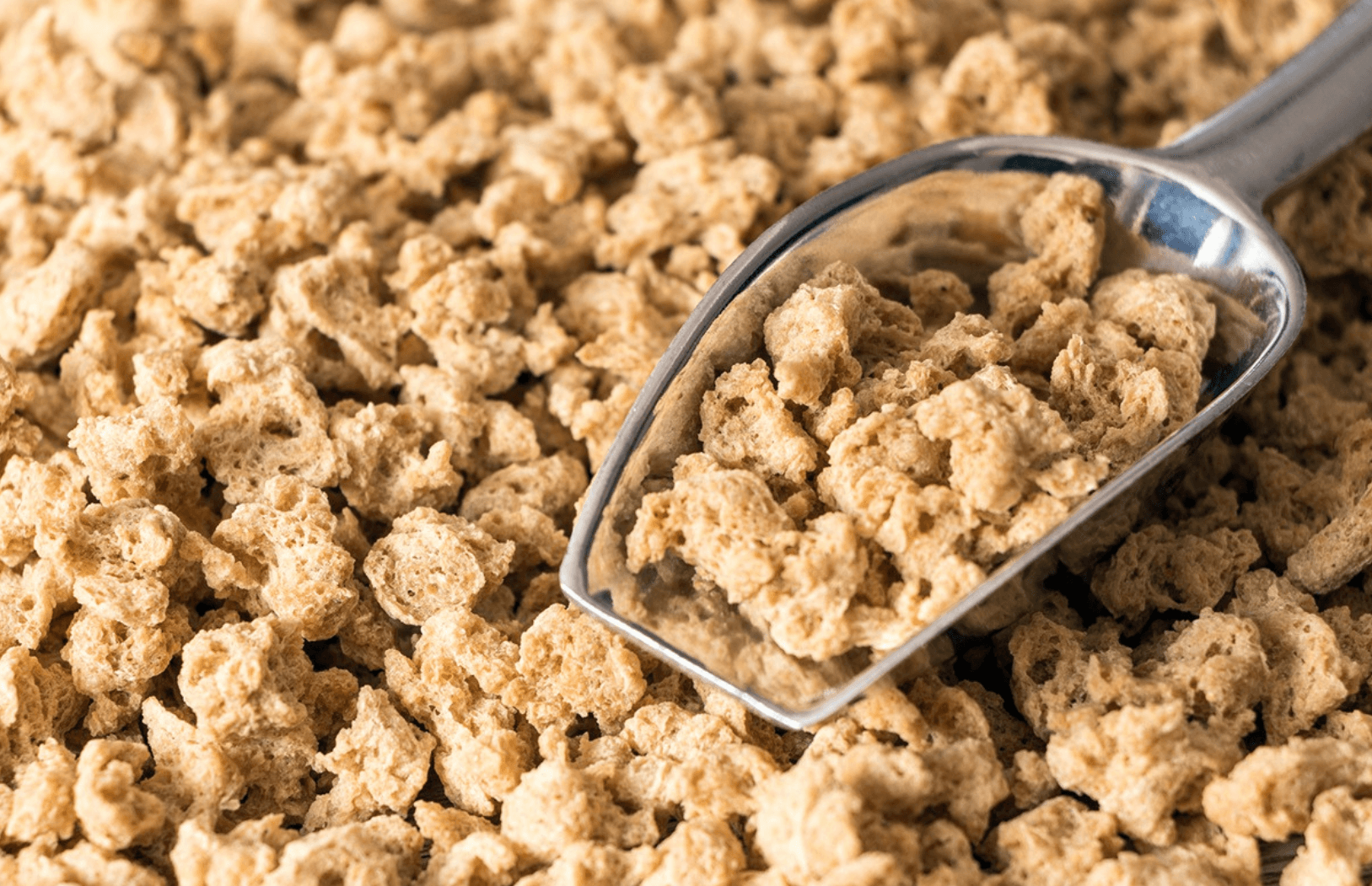Citron fruit (Kanchikai) - An Ingredient as Food and Medicine (Part 2)
Know about Citron aka Kanchikai / Narthangai / Bada Nimbu , its properties and nutritional qualities in the first of this two part read
This continues from Part 1. If you haven't explored it yet, start there!
Rasapanchaka:
Rasa (Taste): Primarily sour (Amla) and sweet (Madhura).
Guna (Qualities): Light (Laghu) and unctuous (Snigdha).
Vipaka (Post-digestive Taste): Sour (Amla) after digestion.
Veerya (Potency): Hot (Ushna).
Effect on Tridosha: Balances Vata & Kapha dosha.

As per the Bhojana Kutuhalam, the citron fruit (Matulunga) can aggravate all three doshas (Vata, Pitta, and Kapha). However, the fully matured fruit has numerous health benefits. It enhances complexion, acts as a cardiotonic, and strengthens and nourishes the body. Matulunga fruit is particularly effective in treating colic pain, indigestion, constipation, disorders caused by imbalanced Vata and Kapha, and dyspnoea. It also improves taste perception, stimulates appetite, alleviates tastelessness, reduces edema, and mitigates Kapha dosha.
For muscle wasting and emaciation:
Mature citron fruits are peeled, and the plain white pulp is consumed regularly (about 8-10 pieces or 50-60 grams). This practice is known to enhance absorption and aid in weight gain particularly beneficial for lean individuals. It is also highly effective for patients suffering from muscle wasting due to conditions like paralysis and muscular dystrophy. (Charaka Sutrasthana 27/154)
During pregnancy and postpartum:
In the South Kanara district there exists a traditional practice of using citron leaves to prepare nourishing soup for pregnant women and new mothers. Mature leaves are thoroughly washed. They are cooked with water. Little salt and turmeric powder are added for seasoning. This soup is believed to help alleviate nausea, vomiting, and fatigue during pregnancy. It may also prevent leg swelling during the postpartum period
For Acid Peptic Disorders:
Citron fruit is highly effective in treating acid peptic disorders. The pulp of fruit can be consumed in various forms. These include fresh juice syrup or jelly. These forms soothe gastric irritation. (Sushruta Chikitsa Sthana 45/65)
Usage and Dosage
Part Used: Fruit and root.
Dosage:
Fruit juice: 10-20 ml.
Decoction: 50-80 ml.
Citron fruits are also used to prepare a special drink called Shadava, as mentioned in the Kaiyadeva Nighantu.
These traditional uses highlight the versatility and medicinal value of the citron fruit in various health conditions.
Some of the recipes that I found exciting are as follows:
Recipes:
Citron pickle:
Ingredients: Citron, salt, red chili powder, turmeric, mustard seeds, fenugreek seeds, sesame oil, asafoetida: Watch on YouTube
Citron Rice (Narthangai Sadam)
Ingredients: Cooked rice, citron, sesame oil, mustard seeds, urad dal, chana dal, dried red chilies, asafoetida, curry leaves, salt: Watch on YouTube
Citron Rasam (Narthangai Rasam)
Ingredients: Citron, toor dal, tomatoes, mustard seeds, cumin seeds, black peppercorns, turmeric, dried red chilies, curry leaves, ghee/oil, salt, coriander leaves: Watch on YouTube
Citron Chutney
Ingredients: Citron, grated coconut, green chilies, ginger, mustard seeds, urad dal, chana dal, curry leaves, oil, salt: Watch on YouTube
Citron Tea
Boil citron slices in water, steep, add honey.
Side effects:
Unripe fruits aren't suitable for eating as they can be harmful to your health. If you have high Pitta conditions, such as heavy periods, nasal bleeding, a burning sensation, or gastritis, it's best to avoid very sour fruits.
Additionally, like other sour fruits, these should not be consumed with milk.
Next up in our #FoodAndMedicine series is Moringa (Drumstick). Stay tuned! Read about the previous ingredient “Jamun” here.
Join "Introduction to Ayurveda Dietetics." This course will introduce you to the specialized vocabulary related to food in Ayurveda. It serves as a primer to initiate your journey into this medical science of "Ayu," or life!
References:
Royal Botanic Gardens, Kew
Bhojana Kutuhalam
Charaka Samhita, Chikitsa Sthana
Sushruta Samhita, Sushruta Chikitsa Sthana 45/65
USDA National Nutrient Database for Standard Reference.
FRLHT's ENVIS Centre on Medicinal Plants, Bengaluru

International Environmental Education Day (January 26)
Jan 23, 2026
On International Environmental Education Day (January 26), we are reminded of a powerful truth: The future of our planet depends on what and how we teach today.
Read more

TDU VC Darshan Shankar pays tribute to Prof. Madhav Gadgil
Jan 9, 2026
Read more

Rethinking Periods: When Did Rest Become Restriction ?
Jan 8, 2026
Menstruation is one of the most natural processes of the female human body, yet it remains one of the most misunderstood. Across cultures-especially in India-it has been surrounded by silence, shame, and countless restrictions.
Read more

When a Baby Cries, the Body Speaks – Learning to Understand Your Child’s Silent Language
Jan 8, 2026
Children are often called a gift from God. When a baby is born, it feels like receiving a blessing
Read more

Plant Imperialists : The destructive case of Lantana camara
Jan 8, 2026
British gardening enthusiasts brought Lantana camara, a shrubby plant with spectacular inflorescence, to Kolkata around the 1800s. Surely, they enjoyed having colourful flowers around them and hoped to feel less homesick while they mass-occupied Indian land
Read more

Are Mock Meats Just a Modern Fad ?
Jan 8, 2026
“Mock meats” or meat analogues are often dismissed as a bizarre trend by many and countless memes have spawned from the internet’s apparent disdain for mock meats and their consumers.
Read more



